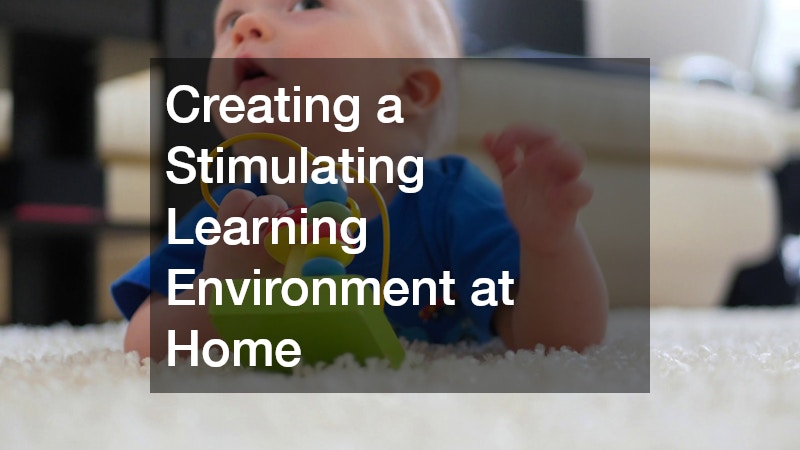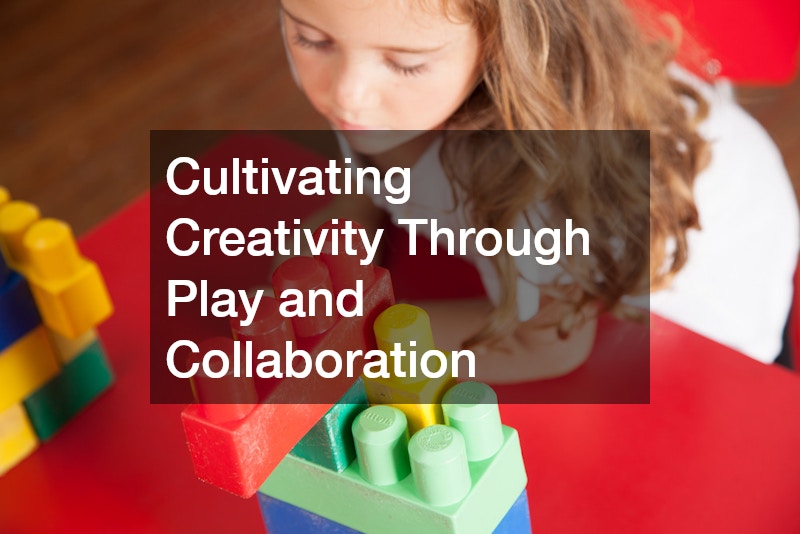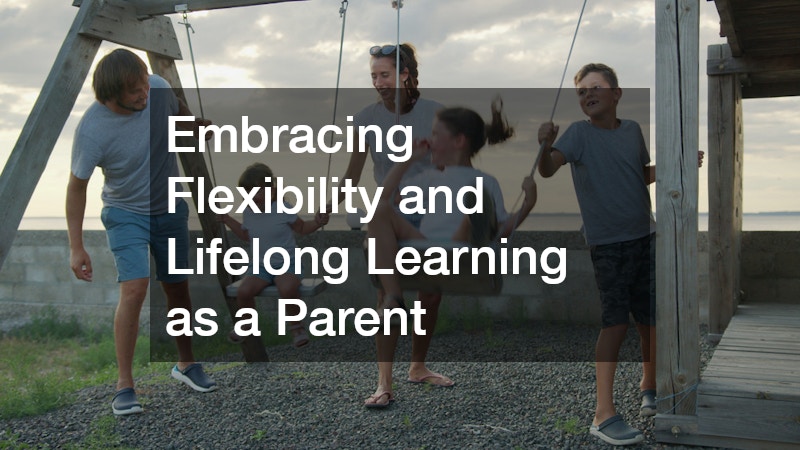The early years of a child’s life are a time of rapid development, discovery, and foundational growth. Parents and caregivers often find themselves navigating a vast landscape of advice, opinions, and resources designed to support these critical years. Yet, the essence of quality early care remains consistent—nurture, stability, and intentional guidance. Whether you are a new parent, caregiver, or guardian, understanding how to build a strong foundation for your child’s emotional, cognitive, and physical growth is essential.
In this guide, we’ll explore key early child care tips that empower families to cultivate safe, loving, and developmentally rich environments. Each section unpacks a cornerstone of effective early childhood care—from emotional bonding and educational readiness to health, creativity, and social development. With expert-backed insights and practical strategies, this comprehensive resource will help you build confidence in your approach to early care and ensure your child has the support they need to flourish.
Nurturing Emotional Bonds and Secure Attachment
One of the most important child care tips for fostering healthy development begins with emotional bonding. Secure attachment—the trust and connection formed between caregiver and child—lays the groundwork for emotional resilience and future relationships. From the earliest days, infants rely on their caregivers to meet basic needs with warmth and consistency. This repetitive, nurturing interaction creates a sense of safety that allows children to explore their world with confidence.
Attachment theory emphasizes that children who feel secure are more likely to develop empathy, emotional regulation, and curiosity. Simple practices—like responding promptly to cries, engaging in eye contact, and maintaining gentle routines—build trust and stability. Even small gestures, such as singing lullabies or narrating daily tasks, reinforce connection and foster language development.
In modern family planning, emotional bonding may also include special considerations for families formed through surrogate pregnancy. For intended parents, early involvement in prenatal care, attending ultrasounds, and bonding through voice recordings or touch can help strengthen attachment before birth. Once the baby arrives, skin-to-skin contact and consistent caregiving are crucial for establishing that same sense of trust and comfort.
As children grow, attachment continues to evolve through shared experiences. Reading together, offering praise, and acknowledging emotions help children understand their feelings and those of others. Establishing rituals—like bedtime stories or family meals—gives children something predictable to rely on, further solidifying emotional security.
While every child and family dynamic is unique, prioritizing connection above perfection ensures that emotional well-being remains at the center of early care. These early attachments serve as the foundation for lifelong confidence, empathy, and learning readiness—making them one of the most essential aspects of early child care tips.

Creating a Stimulating Learning Environment at Home
The home is often a child’s first classroom, and one of the most powerful child care tips is to design an environment that stimulates curiosity and exploration. Learning during the early years happens naturally through play, observation, and sensory experiences. By providing opportunities for discovery, parents can support cognitive and motor development while instilling a lifelong love of learning.
Start by designating safe, accessible spaces where children can explore independently. Low shelves filled with age-appropriate books, blocks, and art supplies encourage self-directed play. Rotating toys every few weeks maintains novelty and helps children focus on new challenges. Visual cues—like picture labels or color-coded bins—promote organization and early literacy skills.
Equally important is selecting the right educational support outside the home. A local early learning center can complement at-home education by offering structured programs that align with developmental milestones. High-quality centers incorporate play-based learning, hands-on activities, and social interaction, providing children with opportunities to collaborate, solve problems, and express themselves creatively.
Parents can also integrate learning into everyday life. Simple routines like grocery shopping, cooking, or gardening become lessons in counting, colors, and cause-and-effect reasoning. Reading aloud daily exposes children to new vocabulary and ideas, while outdoor play supports sensory integration and physical development.
Remember, learning should always feel joyful. Avoid overwhelming children with rigid expectations or excessive screen time. Instead, focus on open-ended play, curiosity, and conversation. By creating a balanced environment that nurtures exploration, families can help children develop critical thinking skills, adaptability, and confidence—all hallmarks of a strong educational foundation and key components of effective child care tips.
Encouraging Healthy Habits Through Nutrition and Physical Care
Among the most influential child care tips is establishing healthy habits early on. Nutrition, sleep, and hygiene form the building blocks of physical well-being and energy needed for exploration and learning. By modeling healthy choices and creating consistent routines, caregivers lay the groundwork for lifelong wellness.
Nutrition plays a central role in growth and brain development. For infants, Breastfeeding offers an ideal balance of nutrients and antibodies that support immune function and emotional bonding. As children transition to solids, emphasize whole foods—fruits, vegetables, proteins, and grains—while minimizing processed snacks and sugary drinks. Make mealtimes interactive by allowing children to help with preparation or choose between healthy options, encouraging autonomy and curiosity around food.
Sleep routines are equally critical. Toddlers thrive on predictable bedtime rituals that signal rest and security. Maintaining consistent sleep schedules improves mood, attention, and physical recovery. Likewise, outdoor play and daily movement promote motor development and emotional regulation. From crawling and climbing to dancing and stretching, physical activity fuels both body and brain.
It’s also wise to establish relationships with trusted healthcare professionals. In cases of sudden illness or injury, pediatric urgent care facilities provide prompt, specialized attention tailored to young patients. Knowing where to go in emergencies reduces stress and ensures continuity of care.
Finally, don’t overlook preventive habits. Teaching handwashing, dental hygiene, and sun protection early builds self-awareness and responsibility. When combined with nutritious meals and active play, these routines cultivate resilience and vitality. By embedding health-conscious practices into daily life, caregivers reinforce the message that wellness is both valuable and enjoyable—an essential principle within comprehensive child care tips.
Cultivating Creativity Through Play and Collaboration
Creativity is the heartbeat of childhood, and one of the most engaging child care tips is to encourage self-expression through play. Play is not just recreation—it’s a vital mode of learning that fosters imagination, problem-solving, and social-emotional growth.
Structured and unstructured play both hold value. Guided play allows parents to introduce concepts or skills, while free play gives children freedom to experiment and create. Incorporating activities for young children, like building blocks, sensory bins, or imaginative role-play, helps develop fine motor coordination and symbolic thinking. Artistic outlets—painting, music, dance, and storytelling—expand communication skills and confidence.
Collaboration also deepens creativity. Family craft sessions, such as projects for toddlers and parents, strengthen bonds while fostering teamwork and patience. These shared experiences invite curiosity and joy, demonstrating that learning can be both fun and meaningful. Whether you’re finger-painting, baking, or planting seeds together, each activity reinforces trust, language, and shared accomplishment.
Encouraging open-ended exploration is equally important. Provide simple materials—paper, cardboard, clay, or natural objects—that can become anything your child imagines. Avoid over-directing or fixing their creations; instead, ask open-ended questions like “What does this part do?” or “Tell me about your idea.” This approach honors their thought process and boosts self-esteem.
Beyond the home, community resources such as libraries, art studios, or local workshops can enhance exposure to creative environments. By prioritizing play and artistic expression, caregivers help children develop resilience, adaptability, and innovative thinking—skills that serve them throughout life. Ultimately, nurturing creativity is one of the most joyful and lasting outcomes of thoughtful child care tips.
Supporting Development Through Age-Appropriate Education
Every stage of early development presents unique needs and opportunities. A cornerstone of effective child care tips is matching educational experiences to a child’s developmental readiness. Understanding what to expect at each stage helps caregivers provide the right mix of challenge, comfort, and encouragement.
For families exploring structured programs, a toddler program can serve as a gentle introduction to group learning. These environments emphasize sensory play, motor coordination, and early socialization. Teachers often guide activities that blend movement, music, and hands-on discovery, allowing toddlers to build confidence while exploring new skills.
As children grow, early preschool options like pre k for 2 year olds can foster independence and foundational learning. These programs often focus on language development, fine motor skills, and emotional regulation. Short, engaging lessons and flexible routines help children adjust to classroom settings while maintaining a sense of joy and curiosity.
By aligning educational experiences with developmental stages, caregivers can nurture curiosity, resilience, and a love for learning. This intentional approach—balancing structure with play—creates a supportive foundation for academic and social success, central to all effective child care tips.
Prioritizing Maternal and Family Health
Healthy child development begins with healthy parents and caregivers. Among the most holistic child care tips is acknowledging the interconnectedness of maternal well-being and a child’s early experiences. From pregnancy through postpartum, physical and emotional health profoundly shape caregiving capacity.
Expectant parents benefit from consulting maternal fetal medicine specialists during pregnancy, especially in cases of high-risk conditions or complex medical histories. These experts monitor fetal growth, maternal health, and prenatal care, ensuring the best possible outcomes for both parent and child. Proactive medical support fosters confidence and reduces anxiety—two key factors in preparing for nurturing parenthood.
Equally important is recognizing the emotional journey of early parenthood. Postpartum adjustments, sleep deprivation, and shifting family dynamics can challenge even the most prepared caregivers. Seeking support—from partners, family, or professionals—helps sustain mental health and emotional resilience. Engaging in self-care practices like rest, balanced nutrition, and light exercise also promotes overall well-being.
Community support can further ease the transition. Parent groups, lactation consultants, and educational workshops offer guidance and reassurance. Families formed through alternative paths, such as adoption or surrogacy, may benefit from specialized counseling or peer networks that affirm their experiences.
Teaching Empathy, Generosity, and Social Responsibility
Beyond academics and health, one of the most meaningful child care tips is fostering empathy and generosity. Early childhood is an ideal time to instill values that shape compassionate and socially responsible individuals.
Children learn empathy by observing and experiencing kindness. Modeling gratitude, sharing, and active listening teaches them how to understand and respond to others’ feelings. Storybooks, role-playing, and discussions about emotions help translate abstract concepts into relatable scenarios.
Community engagement offers powerful, hands-on lessons in giving. Visiting donation centers or participating in family volunteer projects exposes children to diverse perspectives and reinforces the joy of helping others. Encourage children to select items to donate—outgrown clothes, toys, or books—so they feel personally involved in the act of giving. These experiences nurture both humility and purpose.
Daily routines also present opportunities for practicing empathy. Encouraging polite communication, apologizing when necessary, and acknowledging others’ contributions reinforce respect. Celebrating diversity and inclusion—through multicultural books, festivals, and friendships—teaches acceptance and curiosity about the world.
Social responsibility extends to environmental awareness as well. Teaching children to recycle, conserve water, or plant trees fosters stewardship for the planet. When children see their actions making a difference, they internalize the belief that they can contribute positively to their communities.
Embedding empathy and generosity into everyday life creates a moral compass that guides behavior and relationships. These early lessons in compassion strengthen emotional intelligence and community connection—core outcomes of thoughtful child care tips that prepare children not only to thrive but to make the world better.
Embracing Flexibility and Lifelong Learning as a Parent
Parenting is an ever-evolving journey, and among the most liberating child care tips is embracing flexibility. No single method guarantees success, and each child’s path unfolds uniquely. What matters most is maintaining openness, reflection, and a willingness to learn alongside your child.
Flexibility begins with releasing perfectionism. Children benefit more from responsive, attuned caregivers than from rigid adherence to external expectations. Observing your child’s temperament, interests, and responses allows you to adapt strategies that best suit their individuality.
Continual learning empowers parents to stay informed and inspired. Books, workshops, and credible online resources offer updated insights into child development, health, and education. Connecting with other families—whether through local parent groups, schools, or community events—fosters shared wisdom and support.
Equally important is acknowledging and learning from mistakes. Missteps are inevitable, but each challenge presents an opportunity for growth. Modeling accountability and self-compassion teaches children that resilience stems from reflection, not perfection.
Balancing structure with spontaneity also enhances family well-being. While routines provide security, occasional flexibility—like impromptu outings or creative play—encourages adaptability and joy. Effective caregiving evolves with experience. By staying curious, compassionate, and adaptable, parents build trust not only with their children but with themselves. This mindset ensures that child care tips remain living principles—guided by love, informed by knowledge, and enriched by the shared journey of discovery.






